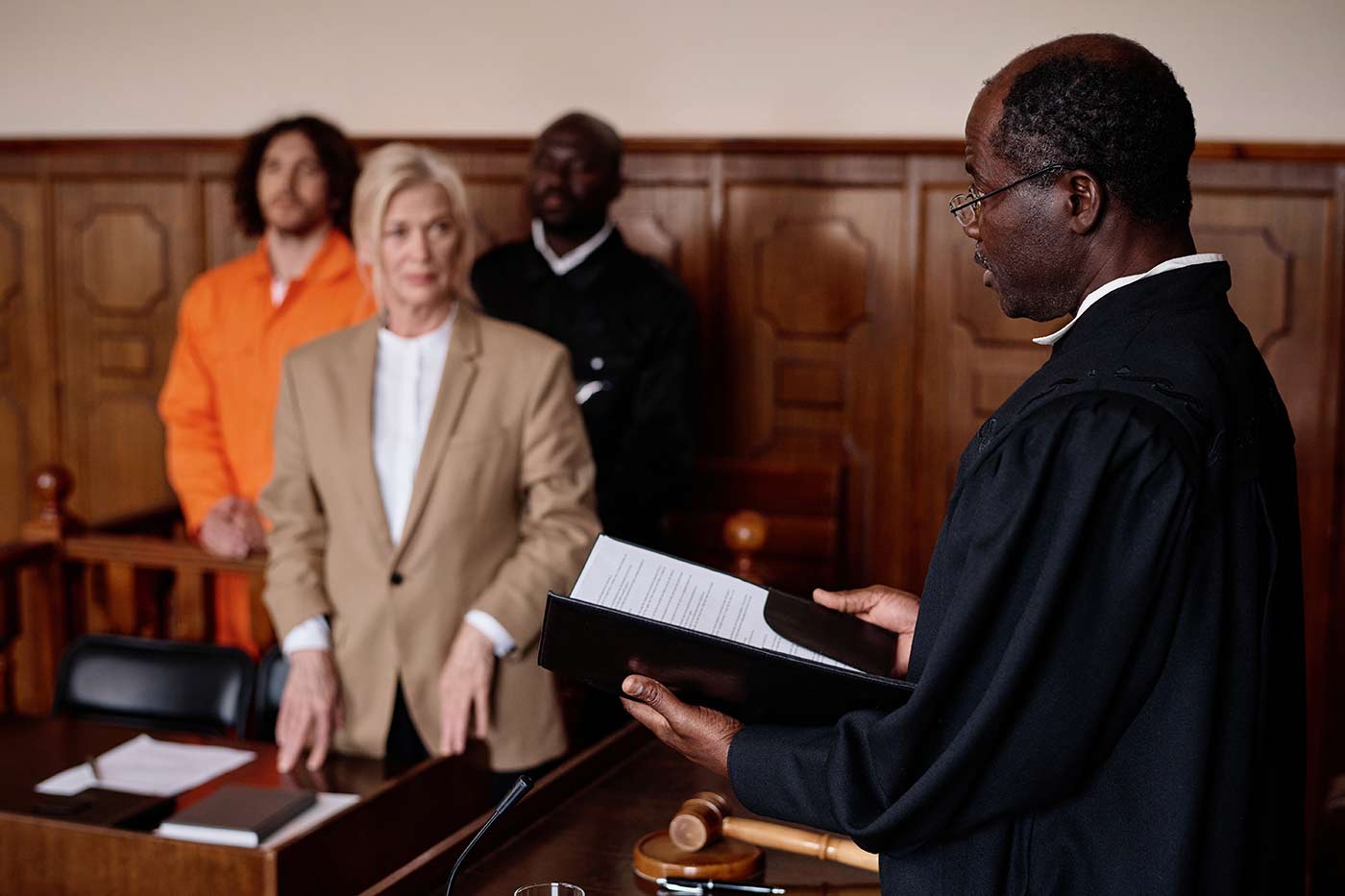In the intricate tapestry of the legal system, the principle that everyone deserves legal representation is a cornerstone of justice. Regardless of the nature of the charges, the innocence or guilt of the accused, or the severity of the alleged crime, legal representation is a fundamental right that safeguards the principles of fairness, due process, and the rule of law. In this exploration, we delve into the significance of legal representation and why it is a right that must be upheld for everyone.
**1. Presumption of Innocence:
- At the heart of the legal system is the presumption of innocence. Everyone is considered innocent until proven guilty in a court of law. Legal representation ensures that individuals have an advocate to uphold this presumption, challenge the evidence presented against them, and present a defense to counter the allegations.
**2. Protection of Constitutional Rights:
- Legal representation is crucial for safeguarding the constitutional rights of individuals. From the right to a fair trial to protection against self-incrimination, defense attorneys play a pivotal role in ensuring that every accused person is treated in accordance with the principles enshrined in the Constitution.
**3. Balancing the Scales of Justice:
- Legal representation is the mechanism that balances the often unequal power dynamic between the accused and the state. Prosecutors, law enforcement, and government entities have considerable resources at their disposal. A defense attorney levels the playing field, providing individuals with an advocate who can navigate the legal complexities and advocate for their rights.
**4. Ensuring Due Process:
- The right to legal representation is intricately tied to the concept of due process. A fair and just legal system requires that individuals have the opportunity to present their case, challenge evidence, cross-examine witnesses, and receive a fair hearing. Legal representation is the linchpin that ensures due process is upheld.
**5. Protection Against Coercion and Mistreatment:
- Individuals without legal representation may be more susceptible to coercion, mistreatment, or procedural injustices. Defense attorneys act as a shield, protecting their clients from undue pressure, ensuring proper adherence to legal procedures, and advocating against any violations of their rights.
**6. Promoting Confidence in the Legal System:
- The availability of legal representation contributes to public confidence in the legal system. Knowing that everyone has the right to a defense fosters a belief in the fairness and impartiality of the judicial process. This confidence is essential for maintaining societal trust in the rule of law.
**7. Encouraging Comprehensive Case Review:
- Defense attorneys play a crucial role in conducting a thorough and comprehensive review of a case. They examine evidence, interview witnesses, and explore legal avenues to build a robust defense. This process not only protects the accused but also contributes to the overall integrity of the legal system.
**8. Facilitating Informed Decision-Making:
- Legal representation ensures that individuals are well-informed about their legal rights, potential consequences, and available options. Defense attorneys provide guidance, advice, and advocacy, empowering individuals to make informed decisions about their legal strategy and potential outcomes.
**9. Addressing Disparities in the Legal System:
- Access to legal representation is crucial for addressing disparities in the legal system. Without representation, vulnerable individuals may be disproportionately impacted. Defense attorneys work to ensure that all individuals, regardless of their background or circumstances, have a fair opportunity to present their case.
**10. Supporting Rehabilitation and Reintegration:
- Legal representation plays a role in supporting rehabilitation and reintegration into society. By advocating for fair sentencing, exploring alternative resolutions, and addressing the root causes of criminal behavior, defense attorneys contribute to the potential for individuals to rebuild their lives post-legal proceedings.
Conclusion: Upholding the Pillars of Justice through Legal Representation: The principle that everyone deserves legal representation is not just a legal doctrine; it is a cornerstone of a just and equitable society. Legal representation upholds the principles of fairness, due process, and the presumption of innocence, ensuring that individuals are not left defenseless against the might of the state. As an indispensable component of the legal system, legal representation stands as a testament to the commitment to justice and the protection of individual rights for all members of society.




